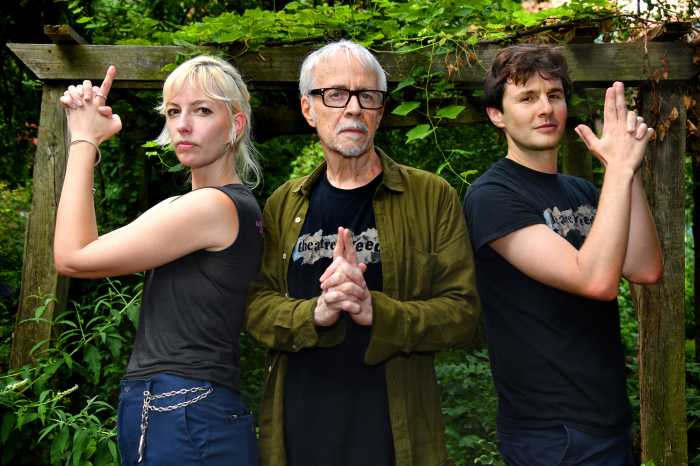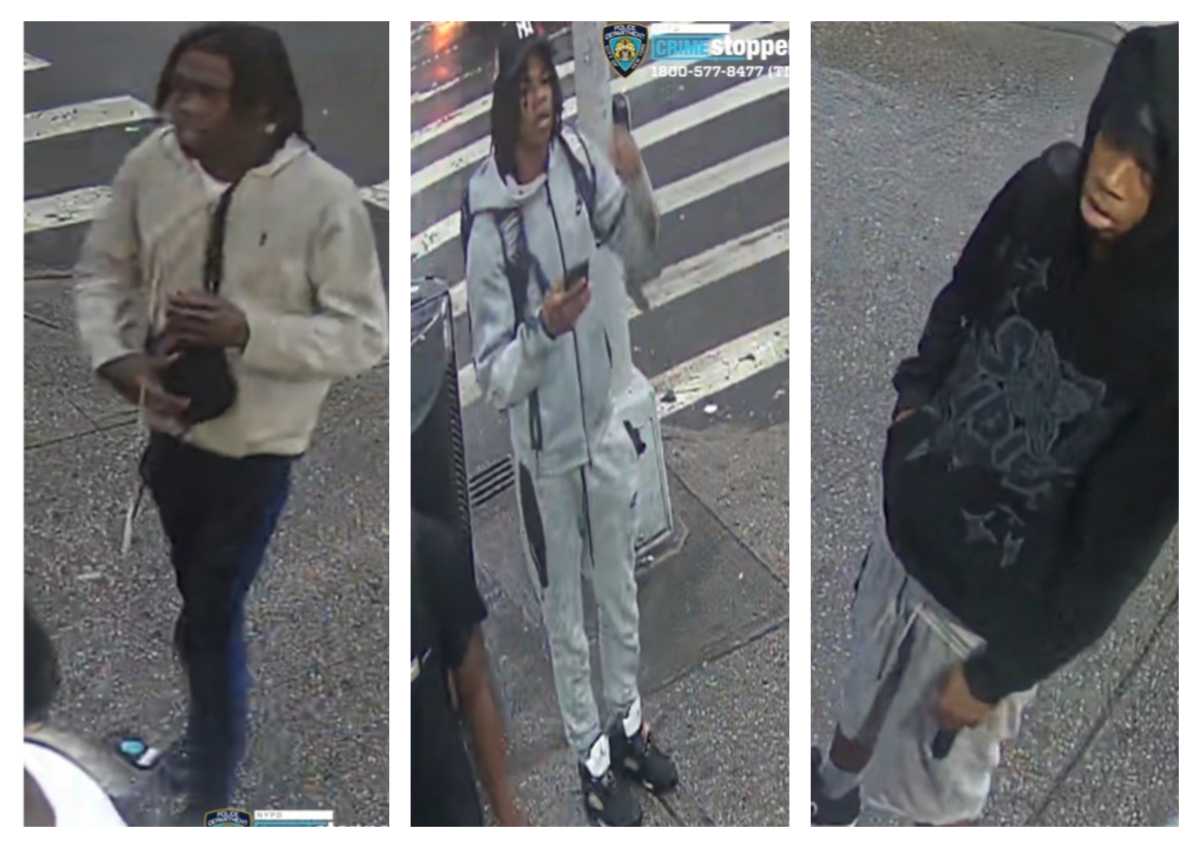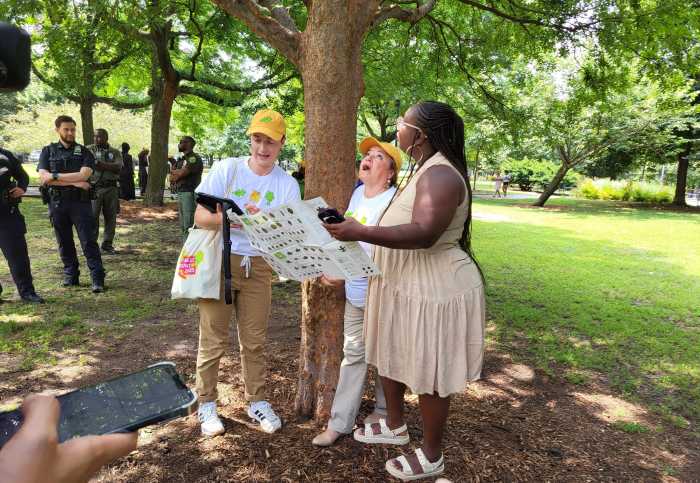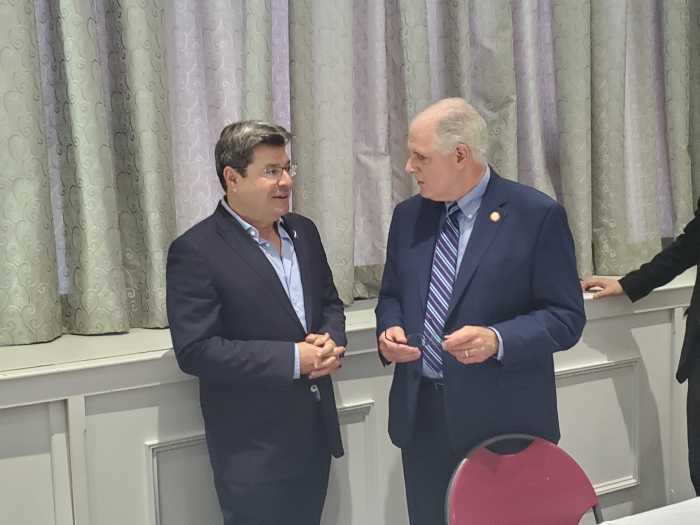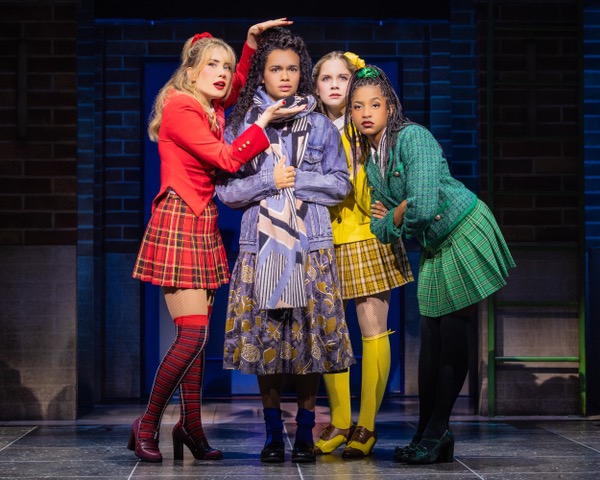By Shani R. Friedman
Described as the “reigning laureate of New York’s vox populi” by The New York Times, poet Harvey Shapiro is no overnight success. He penned a dozen volumes of poetry over the last half-century while working as an editor at the Times, and his newest collection, “The Sights along the Harbour” (Wesleyan), recalls more than seventy years of a life consumed with verse. Shapiro’s poetry encompasses a broad spectrum of subjects, including New York locales like the Women’s House of Detention and Russ and Daughters; the women who have beguiled him; and the brutality of war seen firsthand. The one-time West Village resident and neighbor of e.e cummings recently sat down with a class of journalism students at The New School to discuss his craft, the state of poetry today and his enduring love for the streets below Fourteenth.
What was the Village like in the 1950s when you lived there?
All the people I knew — Jean Garrigue, Ruth Hershberger, Jane Mayhall — were writers and artists. It was charming. We thought we were living in Paris. You never wanted to go above Fourteenth Street. On Sunday mornings, I’d wake up to love calls between the women inside the House of Detention on Tenth Street and the pimps and lovers on the outside. There was Maurice the butcher at Jefferson Market. He always wore a beret. An uncle of mine used to send us a turkey at Thanksgiving, but it was too big for the refrigerators at Patchin Place. Maurice stored it for me. I used to go to Chumley’s and The Lion’s Head. I saw Jason Robards in “The Iceman Cometh.” It was unforgettable. There was a great theatre that only did Chekhov.
How well did you know e.e. cummings, your neighbor on Patchin Place?
I knew his wife, but he was never there. There was a rivalry between Patchin Place and Rhinelander Gardens over which building was going to be torn down with a public school [P.S. 41] to take its place. We were organized by his wife and met in their apartment. We had to get signatures for a petition. Patchin Place got the most and wasn’t torn down.
Do you spend time in the Village now?
I like to walk the streets. It’s a nostalgia trip. I go to the Jefferson Market, Balducci’s. I like Greenwich Street and Tenth Street: that’s where I spent most of my time.
How did you get interested in poetry?
I served in the 15th Air Force in Italy during World War II. In the Army, you had a lot more time to read than in college. You would fly a mission and then maybe not fly again for two weeks. I got really interested in reading and writing and knew I wanted to be an English major after the war. The wartime experience certainly started me off writing poetry.
What’s your process as a poet?
When I was younger, a line would spring into my head. Today I see or hear something on the street, something that comes out of the city. My work has become simpler: wisdom poetry. I’ve learned to be in the moment.
Is your poetry an inward or outward expression of yourself?
Poetry is a way of discovering what you want to say. That’s different from journalism. Things should surprise you. Poetry is a kind of exploration, that’s my belief.
How do you know when a poem is done?
Some poets would say a poem is never finished. You don’t hear something click. But there seems to be an end to the music. A lot of ending a poem is just exhaustion. The sense of ending is a 19th century notion.
What do you think about poetry today?
It’s slipped to the margins of our culture. It doesn’t figure as importantly as it did in the 1950s. It would be hard to imagine Robert Frost coming up. Poets don’t attract that kind of national attention; they don’t get interviewed on television the way they do in France.
Which of your upcoming readings are you most looking forward to?
The one at St. Mark’s Church with Bob Hershon. It’s a seventieth birthday celebration. He’s an old, old friend.
Shapiro will be reading with poet Robert Hershon at St. Mark’s Church on May 24th, at the Astor Place Barnes and Noble on June 8th and with author Susan Shapiro at McNally Robinson Booksellers in Soho on August 1st.




